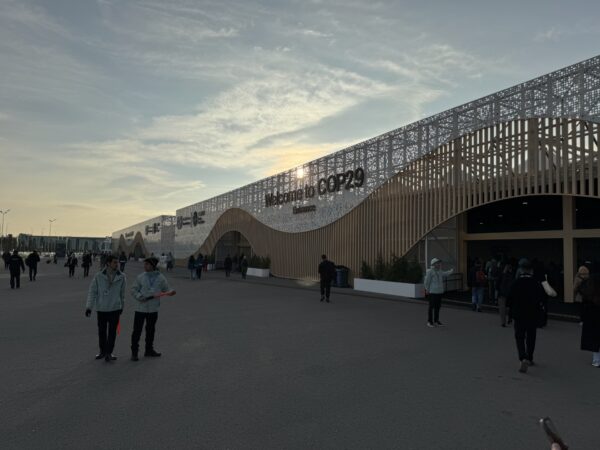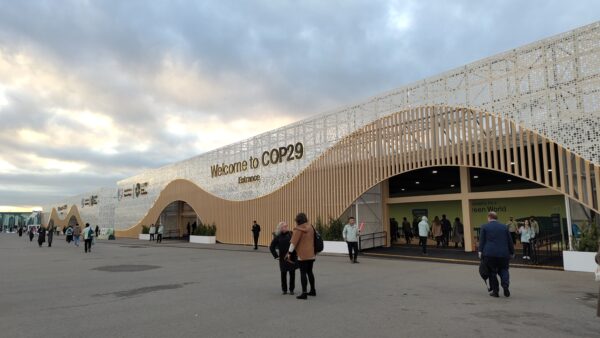Climate diplomacy
Share

We provide strategic, technical and real-time negotiations support and capacity building to countries on the frontlines of the climate crisis, Small Island Developing States (SIDS) and Least Developed Countries (LDCs), in international climate forums including the UNFCCC, Paris Agreement, IPCC and the Green Climate Fund.
Our demand-driven support includes the provision of briefings, reports, capacity building, training, and strategic advice, underpinned by the latest climate science and policy analysis. We provide support to the Chairs of the Alliance of Small Island States and LDC Group, UN Ambassadors, ministers and climate negotiators.
With our teams embedded in SIDS and LDCs, we also work with regional partners and networks to indigenise the Paris Agreement and enable its implementation in line with regional priorities.
Our work in this area focuses on:
- strengthening sustained institutional capacity in SIDS and LDCs to engage in multilateral climate processes
- supporting efforts to deliver on the mitigation, adaptation and finance ambition needed to meet the Paris Agreement goals, and to adequately address loss and damage
- thought leadership on climate issues to inform key political moments and emerging priorities in the international climate agenda
- supporting the development of regional legal and policy frameworks on climate action for both domestic implementation and international engagement
Our experts

Manjeet Dhakal
Head of LDC Support Team, Climate Analytics South Asia Office

Rueanna Haynes
Head of Diplomacy and Director of Climate Analytics Caribbean

Kristin Qui
Climate Diplomacy Advisor - SIDS Support
Projects

Climate ambition support
Supporting climate-vulnerable countries in strengthening their roles and voices in international climate negotiations.

IMPACT

Implementing the Paris Agreement in the Caribbean
The Climate Governance Initiative for the Caribbean (CGIC) aims to support the development of governance structures to allow equitable and just national climate action to implement the Paris Agreement in Caribbean countries.

High-Level support for LDCs and SIDS on climate change
The HLSM High-Level Support Mechanism for LDC and SIDS on Climate Change project creates a support mechanism for high-level political representatives and their advisors from LDCs and SIDS that is demand-driven, responsive to ongoing needs and firmly rooted in the respective regions.

SURVIVE
SURVIVE, a joint project between Climate Analytics and the Potsdam Institute for Climate Impact Research (PIK) supports Small Island Developing States (SIDS) and Least Developed Countries (LDCs) in the international climate change negotiations.

PREVENT
PREVENT is built around a team of experienced climate scientists and analysts, whose objective is to provide science, policy, strategic and analytical support for delegations of the Least Developed Countries and Small Island Developing States.

Regional climate champions in the Caribbean
The Regional Climate Champion Project aims to build a regional coalition for ambitious implementation of the Paris Agreement.

Climate Action Tracker
The Climate Action Tracker is an independent science-based assessment, which tracks the emission commitments and actions of countries.

Support for preparing Intended Nationally Determined Contributions
We assisted the Governments of a number of countries in their domestic preparation for the formulation of their intended nationally determined contributions (INDCs), in the context of the 2015 climate agreement.































